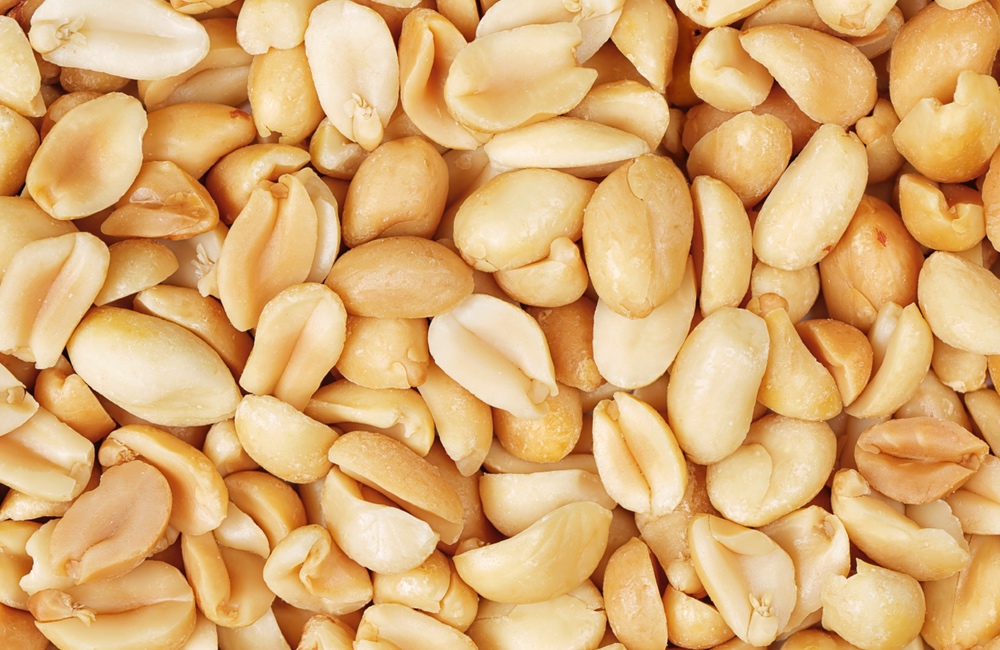If you’re the parent of one of the 1.2 million American kids who suffers from a peanut allergy, you live with constant anxiety. A meal in a restaurant or a slice of birthday cake could trigger a life-threatening reaction in your child.
There’s hope on the horizon. Giving children the very thing that causes an allergic reaction — peanuts or peanut products — can desensitize their immune systems so they are no longer at risk of going into shock.
The procedure, known as oral immunotherapy, works by gradually decreasing a child’s allergic reaction. The approach has been used in hospital settings to reduce a range of food allergies.Not only is the allergic reaction to peanuts physically dangerous for susceptible children, it carries a psychological burden, as well.
After one year, more than 98 percent of the children were able to eat three to four peanuts without any reaction. Nearly 80 percent of the children were able to eat 15 peanuts without a reaction. That’s enough to protect every child from 99 percent of accidental exposures.
Researchers Lianne Soller and Edmond Chan, both of the University of British Columbia, Vancouver and British Columbia Children’s Hospital, recommend that children with peanut allergies undergo the oral immunotherapy as early as possible — with their health provider’s guidance.
These results are a game-changer. Now a formerly peanut-sensitive kid will be able to eat a full serving of peanuts without triggering, the researchers found, anaphylactic shock, a potentially fatal reaction in which the airways constrict and breathing becomes difficult or impossible. Other allergic symptoms can include hives, itching and swelling of the mouth, throat and eyes; vomiting and diarrhea.
Parents of children with untreated peanut allergies usually carry an EpiPen, a device used to inject a dose of epinephrine to instantly counteract anaphylaxis. Immunotherapy would eliminate the need for this, but, ironically, in order to sustain their immunity, allergy sufferers need to continue to regularly ingest peanut products.
Not only is the allergic reaction to peanuts physically dangerous for susceptible children, it carries a psychological burden, as well. Kids with peanut allergies often report that their peers and classmates ridicule them for needing to pass on certain foods, especially treats.
Families should continue to check labels on packaged goods, ask about ingredients in meals at restaurants, and have an emergency action plan in place in case of accidental exposure, according to peanutallergyfacts.org, a resource for parents and educators.
There’s real reason to be hopeful. But before making any changes in managing your kid’s peanut allergy, be sure to speak with your doctor.
The study appears in The Journal of Allergy and Clinical Immunology: In Practice.





